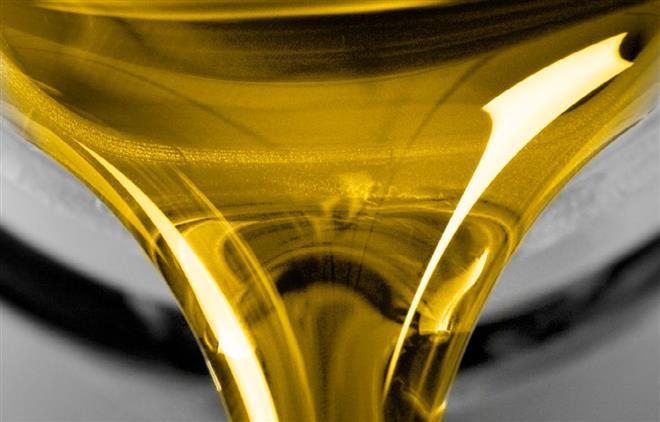 "Over the past several months, we have noticed that one of our hydraulic cylinders speeds up by itself intermittently. Would you have any idea as to why this is happening and if this is a common problem?"
"Over the past several months, we have noticed that one of our hydraulic cylinders speeds up by itself intermittently. Would you have any idea as to why this is happening and if this is a common problem?"
An increase in hydraulic cylinder speed is a rare occurrence. To better understand the problem, let’s consider the much more prevalent case of decreasing speed and apply the opposite logic.
In terms of hydraulic systems, a reduction in performance is usually the first clue that a problem has manifested in the system. This is most often indicated by longer cycle times and slower operation.
The root cause of these failure symptoms can frequently be traced back to fluid flow. The fluid flow in a hydraulic system determines actuator speed and quickness of response. Loss of flow will equate to loss of speed.
Applying this same logic to an increased cylinder speed would mean that more flow is occurring. What could happen in a hydraulic system that would cause an increase in flow over time?
-
Internal leakage – If an internal leak becomes clogged, the flow would inherently increase.
-
Viscosity change — If the viscosity were to decrease, the flow would increase (depending on the pump and system design).
-
Filter collapse or bypass malfunction — If the filter was causing reduced flow and then burst, or there was a malfunction with the bypass that allowed flow to increase, both would result in an increased cylinder speed.
-
Air entrainment — Air in the fluid will cause poor (slow) performance. If the air problem is corrected, the system will speed up.
-
Oil line cleared — If a restricted or blocked oil line becomes unrestricted/unblocked, the fluid flow will increase.
-
Change in load — If the load on the cylinder is reduced, it may increase cylinder speed.
These are just a few things that may be plaguing the hydraulic system. In order to provide a more comprehensive diagnosis, more details would need to be known, such as the system design, seal health, filter type and age, contamination levels, cylinder position, etc.
Keep in mind that not all hydraulic cylinders are created equal. It is estimated that up to 25 percent of mechanical equipment failures are design related. In regards to hydraulic cylinders, this suggests as many as one in four are not adequately designed for the application in which they are operating. So if the hydraulic cylinder suffers recurring failure, it is likely that design modifications are required to break the circle of failure and repair.








